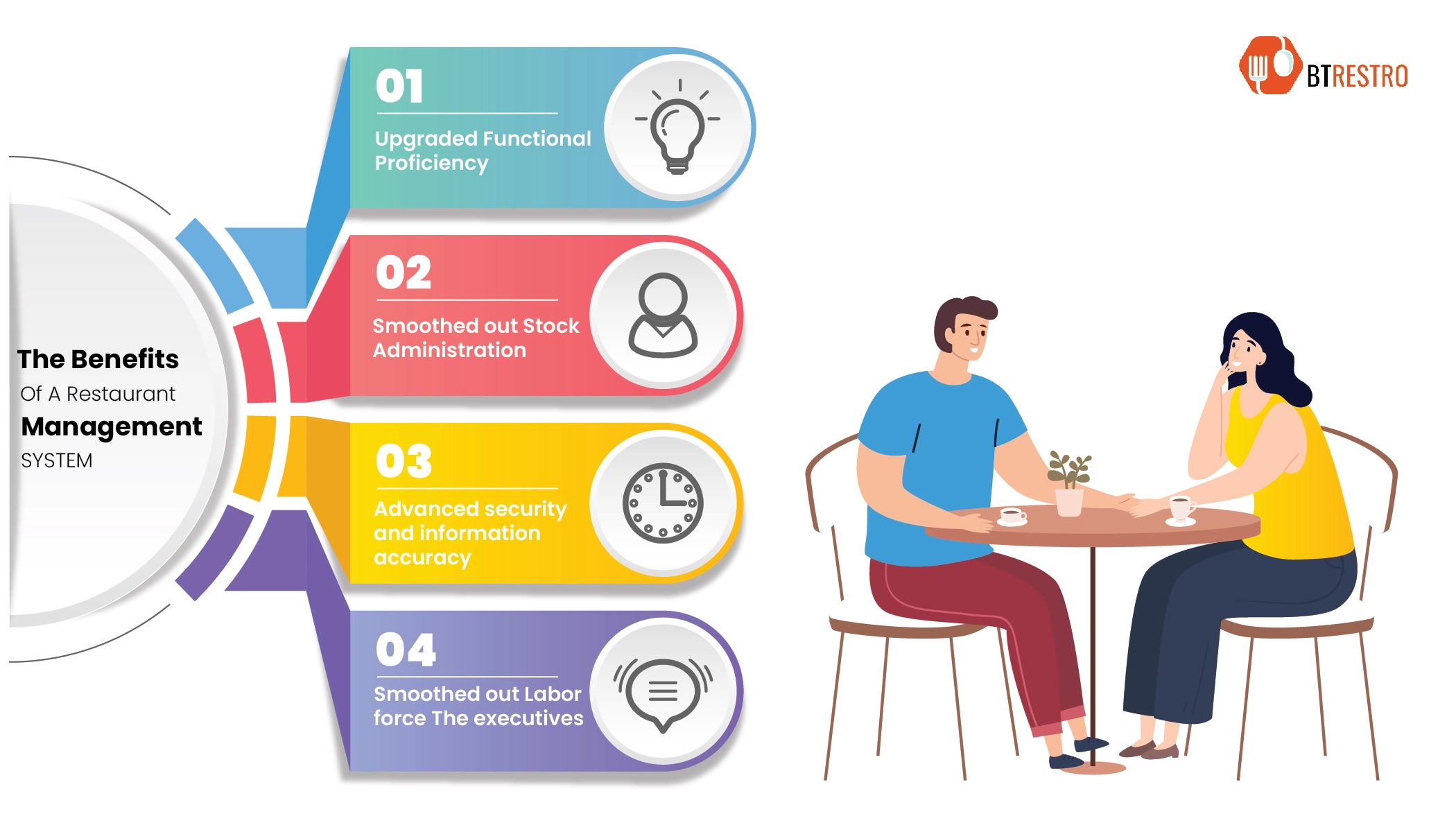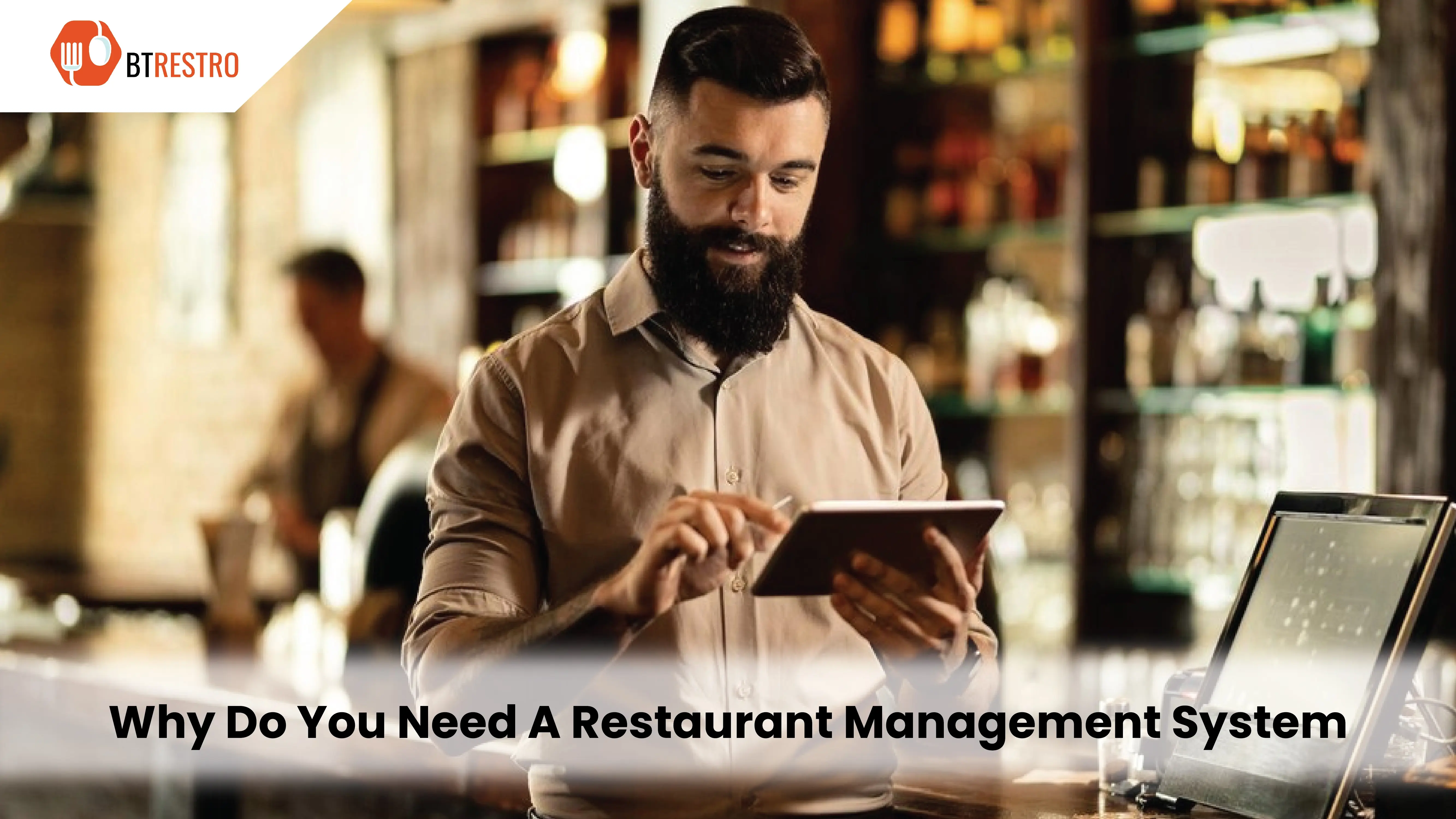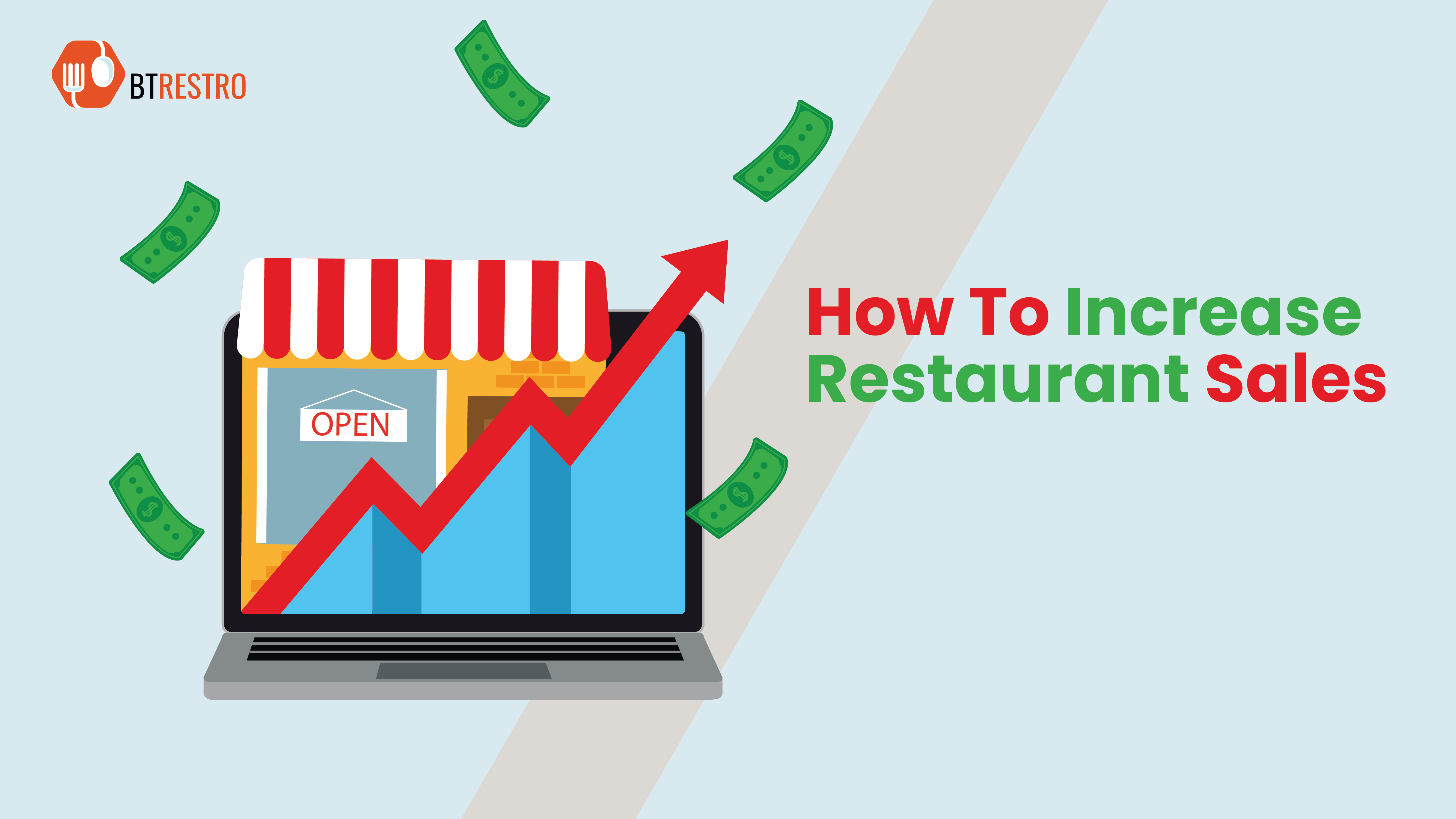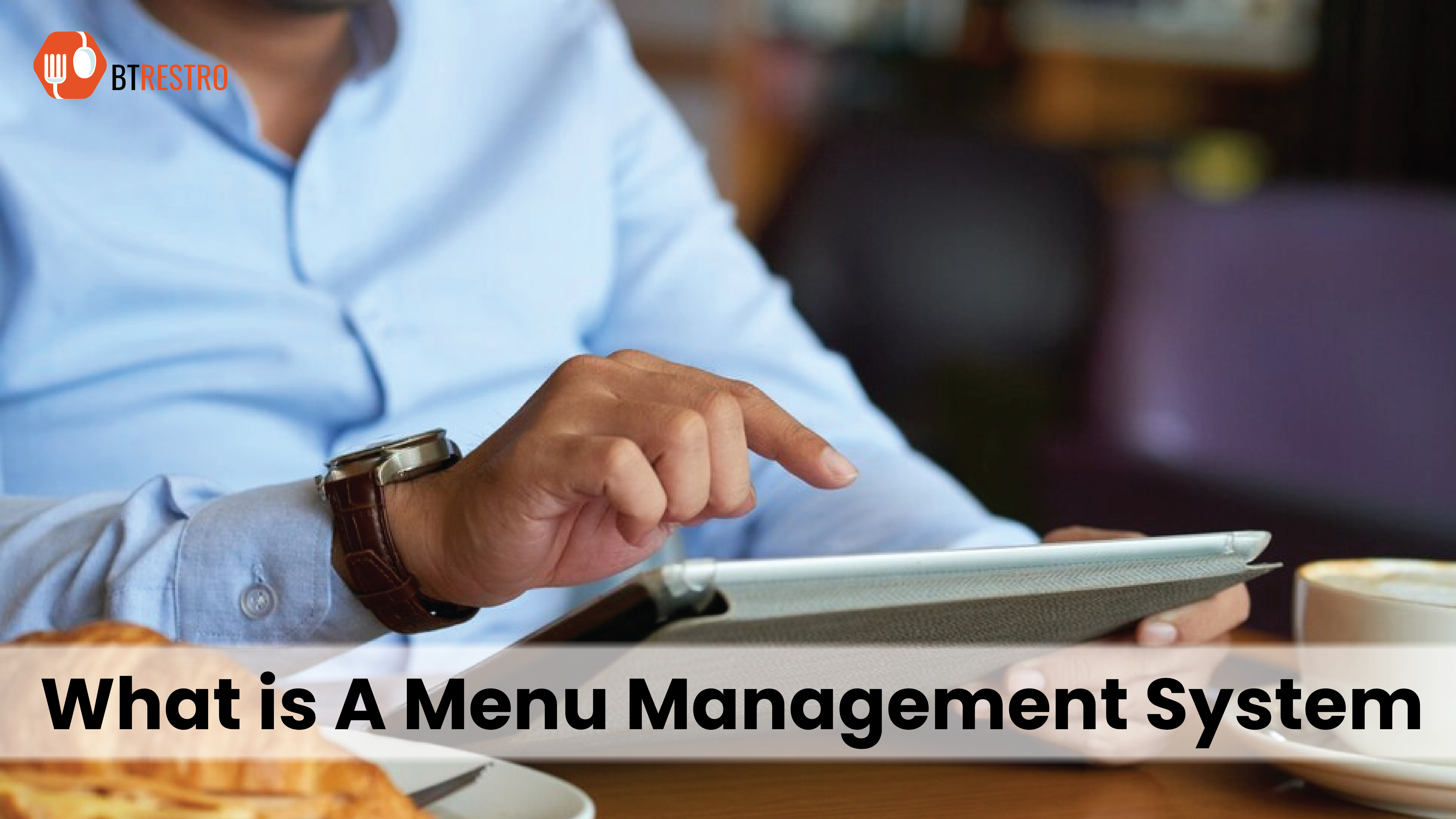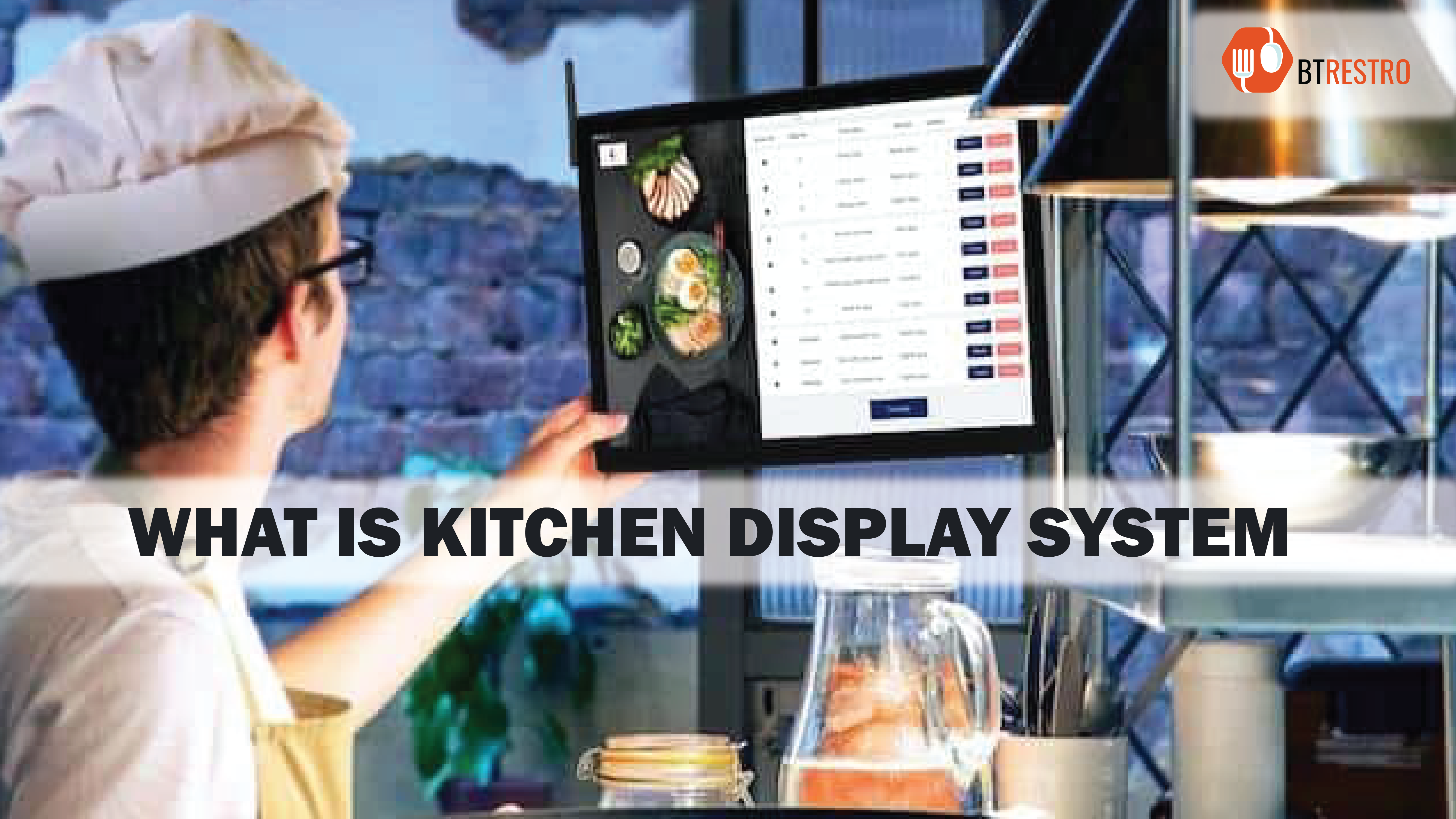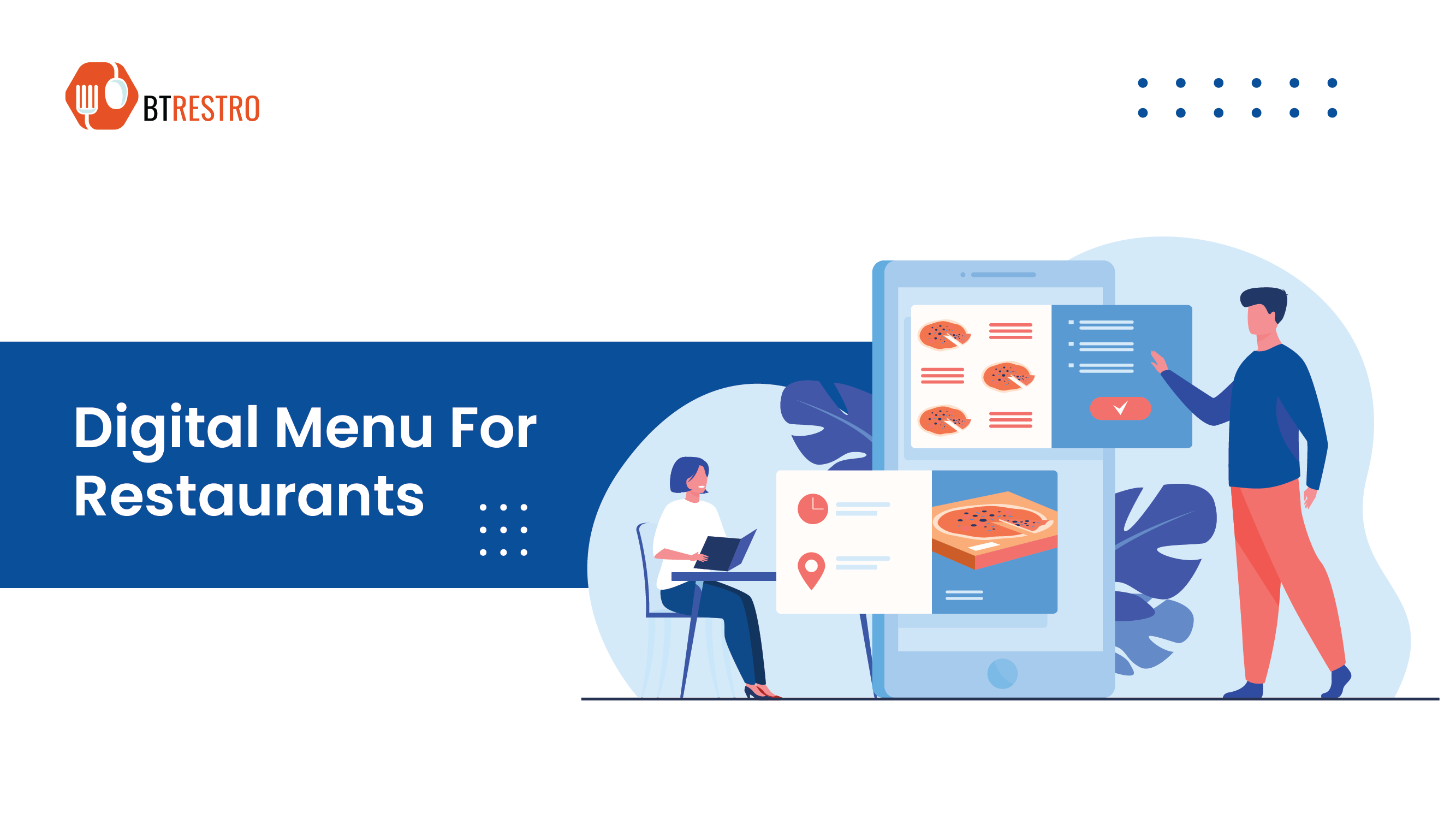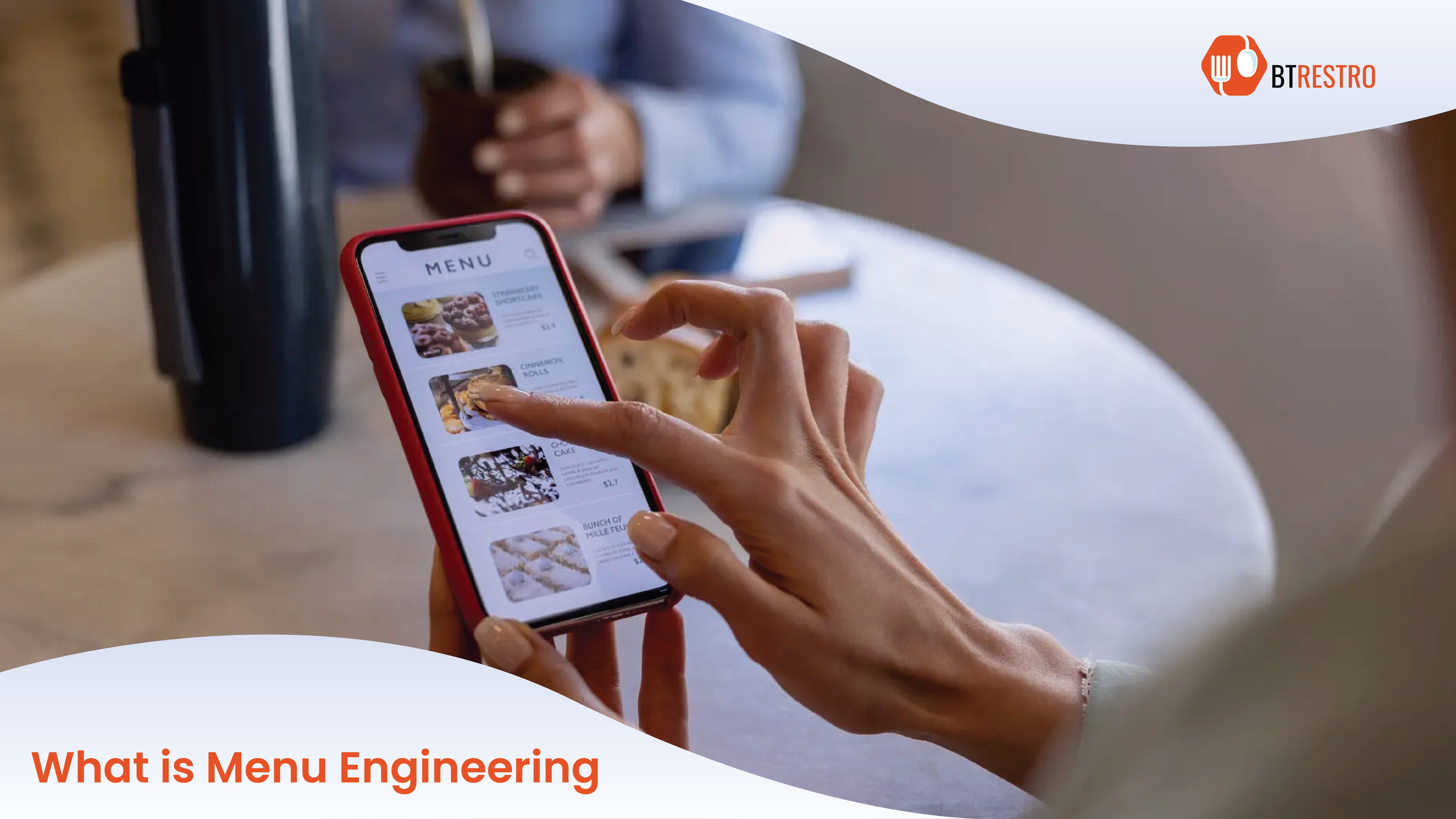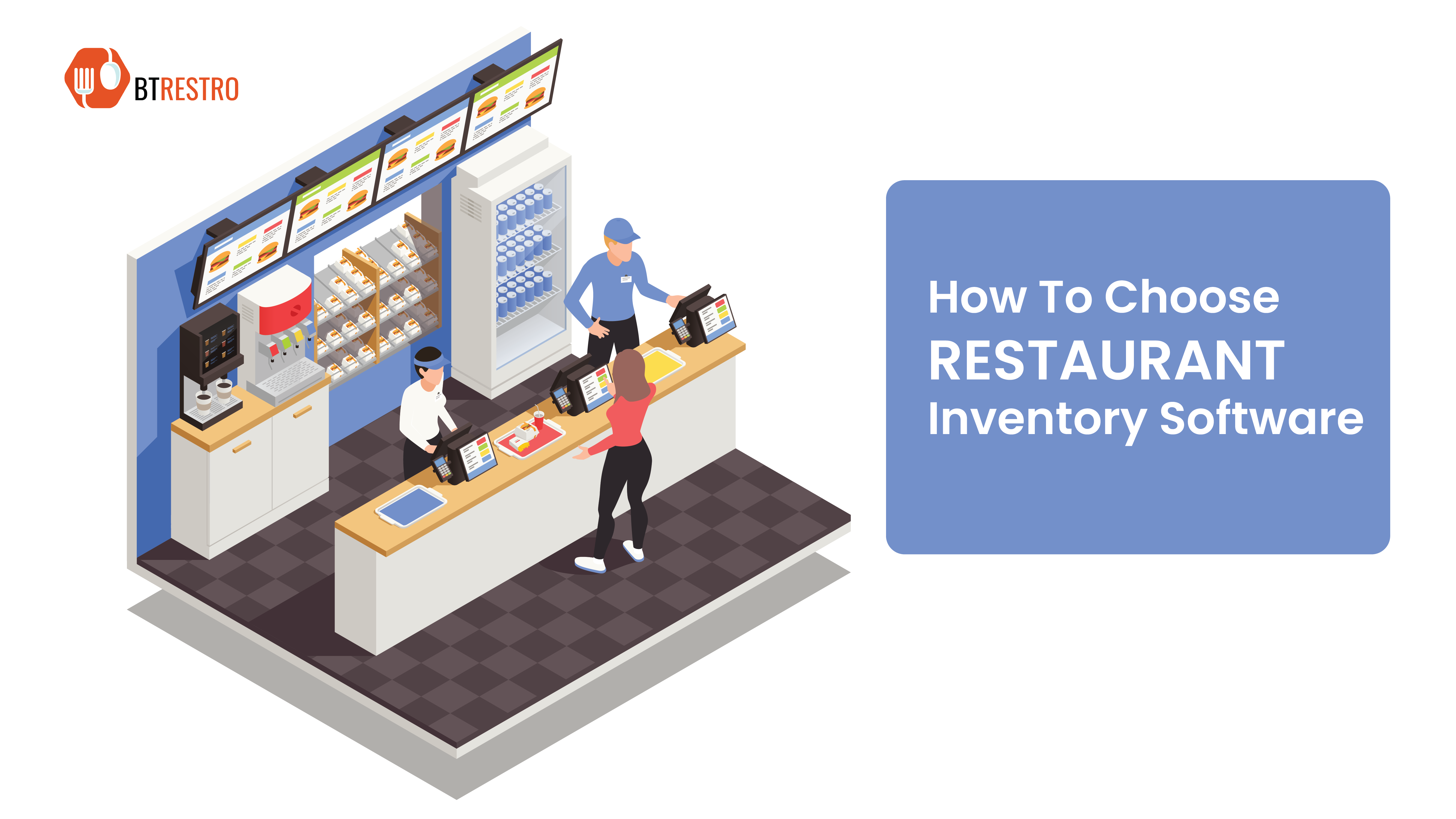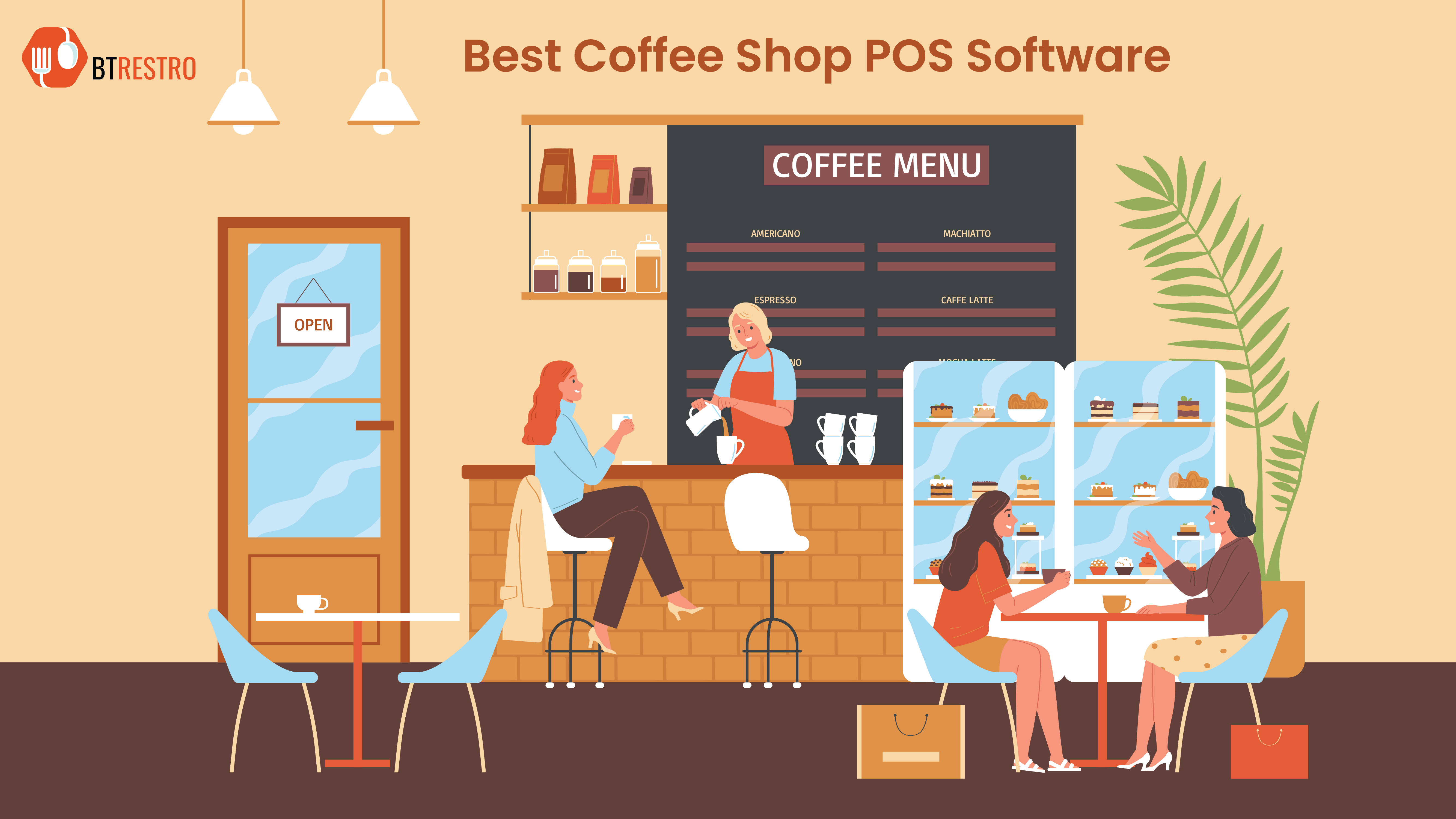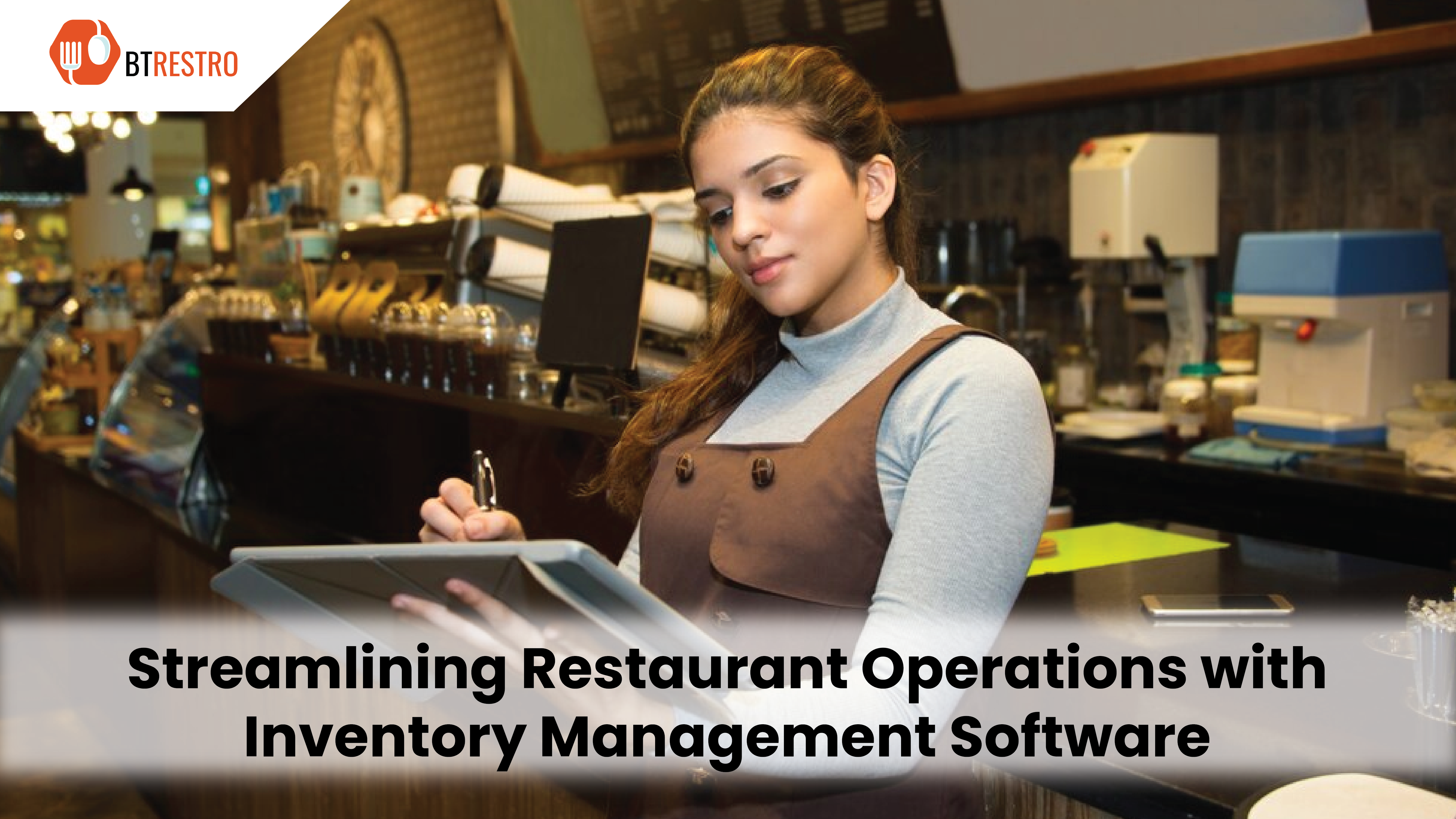If you are a restaurant owner and manager, then you must understand the importance of running your restaurant smoothly. A good restaurant manager is the one who can complete his work in the right way and at the right time.
A good restaurant management system will help you in From managing billing and inventory to tracking sales data. A restaurant management system helps to grow business and complete your work before time.
What Is A Restaurant Management System ?
Restaurant management systems (RMS) are a type of software designed for restaurant owners and management. Restaurant management software includes point-of-sale systems for taking orders and processing payments, updating recipes, and pricing.
Menu management tools, inventory tracking to manage stock levels and costs, table management to arrange seating, reporting and analytics for insight into sales.
Why Do You Need A Restaurant Management System ?
1. Enhancing Operational Efficiency
A restaurant management system automates time-consuming tasks, such as order taking and processing, inventory management, employee scheduling, and table reservations. By reducing manual work, it optimizes operational efficiency, allowing staff to focus on providing a memorable dining experience.
2. Streamlining Inventory Management
Keeping track of inventory levels and ensuring ingredient availability is essential for smooth operations. A dedicated management system helps track inventory in real-time, automates stock alerts, and generates reports for accurate purchasing decisions.
3. Improving Menu Planning And Pricing
An intelligent restaurant management system allows you to easily update and customize your menus based on customer preferences and seasonal availability. It helps in optimizing pricing strategies, maximizing profitability, and maintaining consistency across different channels.
4. Seamless Point-of-Sale Integration
Integrating the restaurant management system with a robust point-of-sale (POS) system boosts efficiency by eliminating double data entry, reducing order errors, and simplifying payment processing. This integration offers real-time insights into sales performance, allowing for quick adjustments and informed decision-making.
5. Enhancing Customer Experience
A seamless dining experience greatly impacts customer satisfaction. A restaurant management system facilitates table management to streamline reservations, seating arrangements, and waitlist management.
Additionally, it enables faster order processing, customization options, and the ability to handle special requests, ultimately delighting your customers.
6. In-depth Reporting And Analytics
Gaining valuable insights into your restaurant's performance is crucial for making informed decisions. A management system provides comprehensive reporting and analytics, including sales trends, customer behavior, employee performance, and financial data. These insights allow you to identify strengths, weaknesses, and potential areas for improvement.
7. Centralized Employee Management
Efficiently managing staff and their schedules is vital for a well-run restaurant. A management system offers features such as employee scheduling, time tracking, payroll management, and performance evaluation. This streamlines staff management, ensures optimum staffing levels, and reduces labor costs.
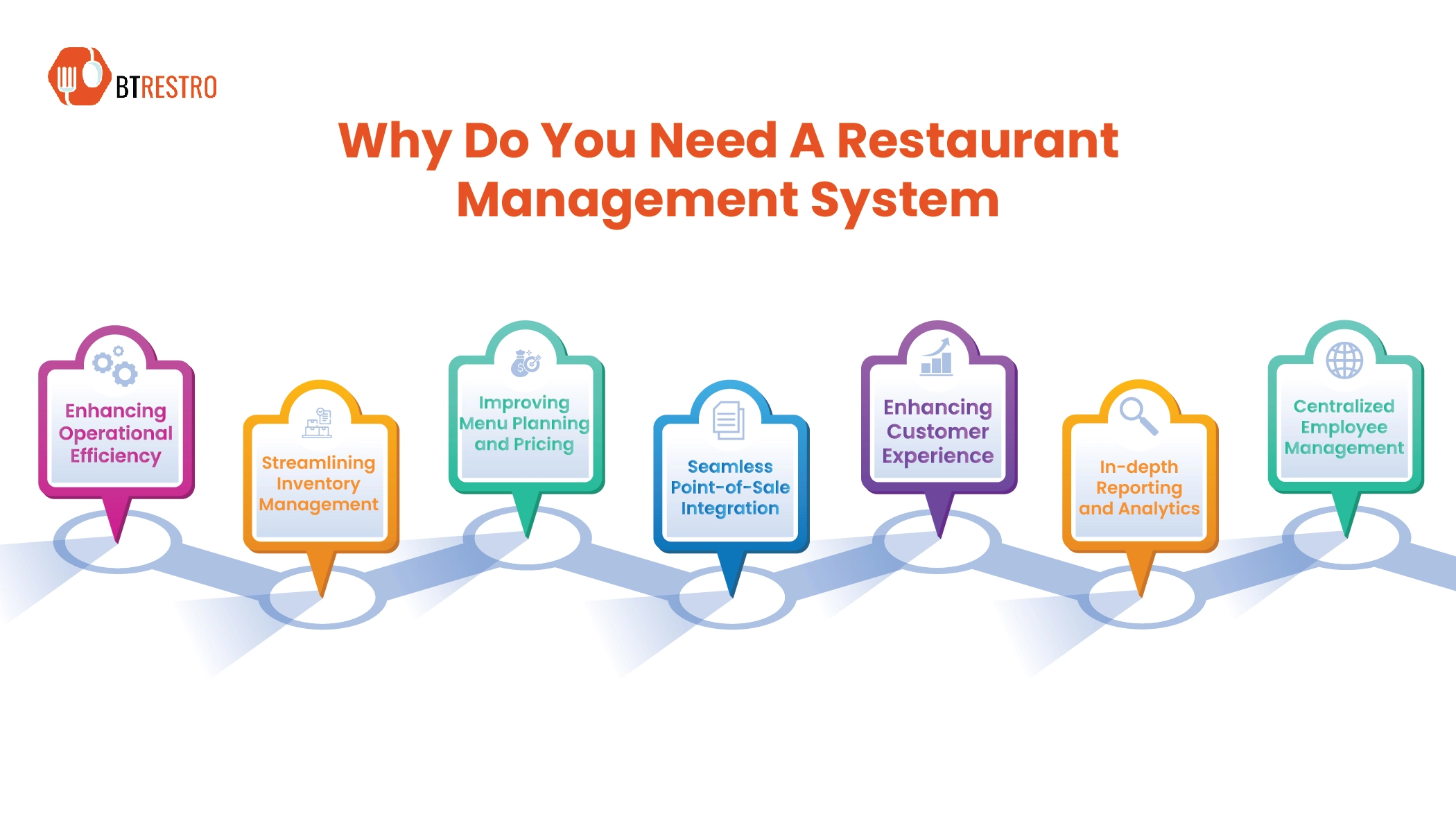
How Does An RMS Differ From A Standard POS?
1. Scope Of Functionality
A standard POS framework basically centers around taking care of exchanges, handling installments, and producing receipts. It fills in as the connection point between the client and the foundation, working with the request section and consistent installment handling.
A RMS includes a more extensive scope of elements that go beyond the fundamental conditional capabilities. It integrates stock administration, staff booking, menu arranging, client relationship boards, and other functional viewpoints, making it a complete answer for dealing with all parts of a restaurant.
2. Integrated Management Capabilities
While a standard POS framework productively handles request taking and installment handling, a RMS coordinates different administration capabilities into a single stage. This incorporates stock control, menu arranging, staff planning, work the board, reservations, announcing, and examination.
With a RMS, eatery proprietors and chiefs can get to a concentrated framework that smoothes out tasks, improves productivity, and gives extensive bits of knowledge into the business.
3. Advanced Reporting & Analytics
While a standard POS framework gives fundamental business numbers and conditional information, a RMS offers progressed detailing and investigation capacities. It can create complete reports on deal execution, stock use, client conduct, and work expenses, and the sky's the limit from there.
These experiences empower informed direction, distinguish drifts, and uncover regions that need improvement, permitting restaurants to advance their activities for better productivity and development.
4. Inventory Management
One of the pivotal separating factors between a RMS and a standard POS is the vigorous stock administration usefulness. A RMS permits ongoing following of fixing utilization, computerized stock cautions, and production network of the executives.
It empowers proficient administration of stock levels, limits food squander, and guarantees ideal reorder. A standard POS framework, be that as it may, misses the mark on degree of point by point stock control.
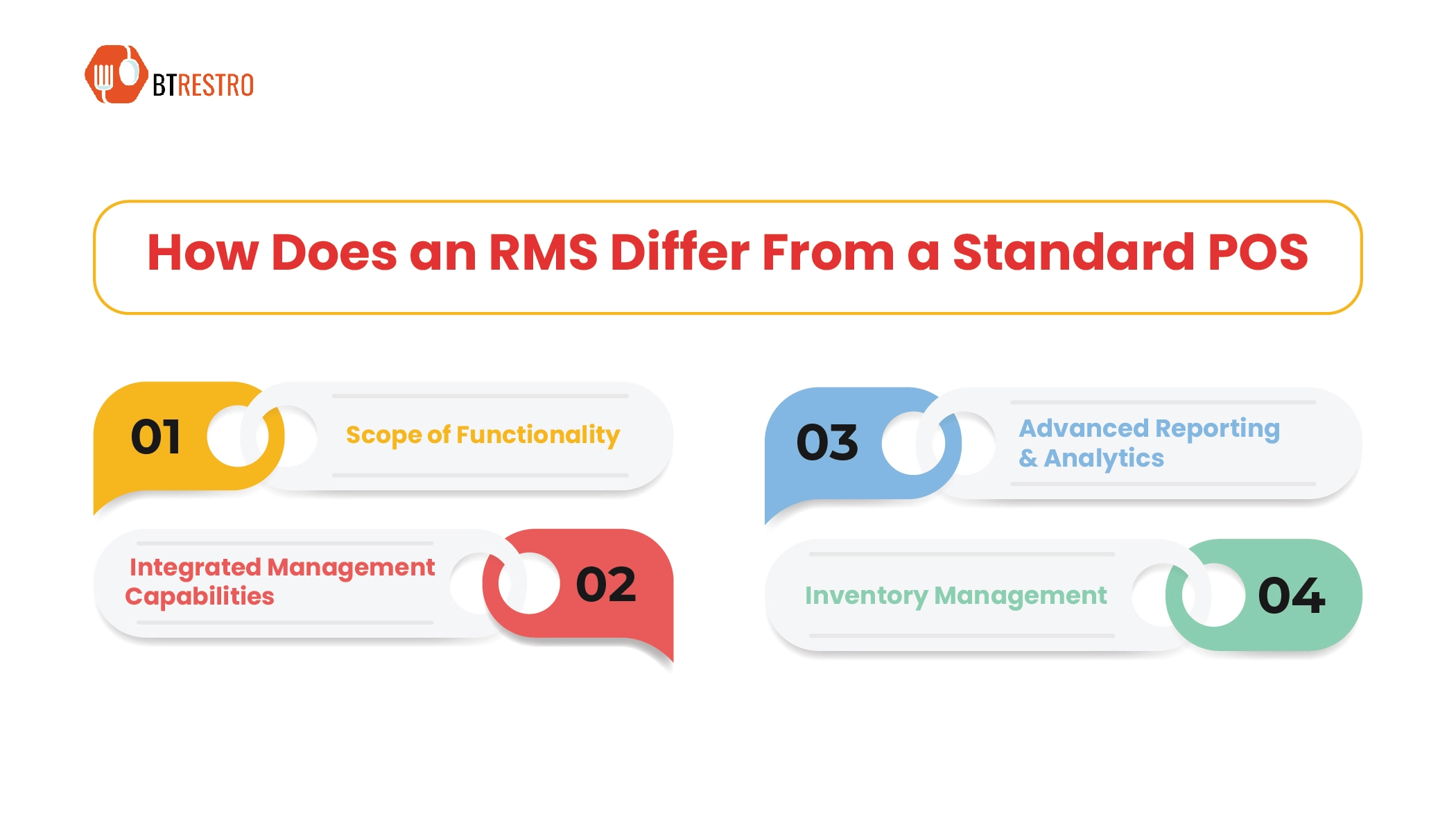
The Benefits Of A Restaurant Management System ?
1. Upgraded Functional Proficiency
A restaurant executive framework computerized tedious undertakings, for example, request taking, handling, and client relationship management. By digitizing these cycles, your staff can zero in on offering uncommon support, bringing about quicker request handling, increased table turnover, and higher consumer loyalty.
2. Smoothed Out Stock Administration
Productive stock administration is vital for limiting waste and controlling expenses. A restaurant the board framework empowers ongoing following of fixing stock levels, robotized recharging warnings, and exact estimating.
This guarantees ideal stock levels, diminishes food squander, and kills the gamble of running out of fundamental fixings during occupied periods.
3. Advanced security And information Accuracy
Restaurants provide secure capabilities and encryption of customer information, protecting against potential interceptions and guaranteeing consistency with information assurance guidelines. Additionally, the digitalization of restaurant activities limits the mistakes and irregularities that occur with manual cycles, leading to further improvements in general information accuracy.
4. Smoothed Out Labor Force The executives
A restaurant improves worker planning, tracks get started times, and oversees finance. It dispenses with the requirement for manual time-following and diminishes the risk of booking clashes, empowering better labor force improvement and decreasing work costs.
